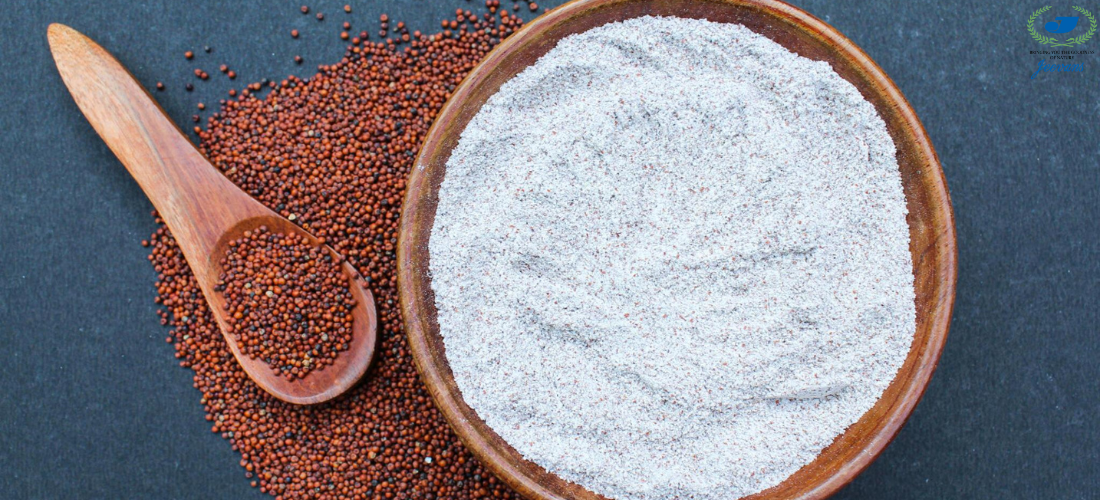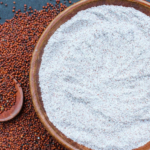In a world increasingly concerned with environmental sustainability, the food choices we make can have a significant impact on the health of the planet. When it comes to sustainable eating, organic millets emerge as a champion among grains, offering a host of ecological benefits that extend far beyond the dinner table. Join us as we explore the environmental advantages of choosing organic millets and discover how these humble grains can play a pivotal role in building a more sustainable future.
Promoting Biodiversity
One of the most compelling reasons to choose organic millets is their positive impact on biodiversity. Unlike conventional grain farming, which often relies on monoculture practices that strip the land of natural habitats and deplete soil health, organic millet cultivation promotes biodiversity by creating diverse ecosystems that support a wide range of plant and animal species. By cultivating millets alongside other crops and incorporating agroforestry practices, organic farmers help create resilient ecosystems that are better equipped to withstand environmental challenges such as pests, diseases, and climate change.
Reducing Water Consumption
Water scarcity is a pressing global issue, with agriculture accounting for a significant portion of water usage worldwide. Unlike water-intensive crops like rice and wheat, millets are highly drought-resistant and require minimal irrigation, making them an ideal choice for regions facing water scarcity or drought conditions. By choosing organic millets, consumers can help reduce the demand for water-intensive crops and support farming practices that prioritize water conservation, thus contributing to the preservation of this precious resource for future generations.
Mitigating Climate Change
The environmental benefits of organic millets extend to their role in mitigating climate change. Organic farming practices, such as crop rotation, composting, and the use of natural fertilizers, help sequester carbon in the soil, reducing greenhouse gas emissions and mitigating the impacts of climate change. Additionally, millets have a lower carbon footprint compared to conventional grains, thanks to their ability to thrive in diverse agro-climatic conditions without the need for synthetic inputs or intensive irrigation. By choosing organic millets, consumers can support climate-friendly farming practices that help combat climate change and build resilience in agricultural systems.
Preserving Soil Health
Healthy soil is the foundation of sustainable agriculture, yet conventional farming practices often degrade soil health through the use of synthetic pesticides and fertilizers. Organic millet cultivation, on the other hand, prioritizes soil health through practices such as cover cropping, minimal tillage, and the incorporation of organic matter. By nurturing the soil ecosystem and enhancing its fertility, organic millet farming helps preserve soil health for future generations, ensuring that agricultural lands remain productive and resilient in the face of environmental challenges.
Supporting Local Economies
Choosing organic millets also has positive implications for local economies and communities. By supporting organic farmers and local food systems, consumers can help create economic opportunities, strengthen rural livelihoods, and foster community resilience. Additionally, by reducing reliance on imported grains and supporting local agriculture, consumers can help reduce food miles and minimize the carbon footprint associated with food transportation, thus contributing to a more sustainable and resilient food system.
Embrace Sustainable Suppers with Organic Millets
As we strive towards a more sustainable future, the choices we make at the dinner table can have a profound impact on the health of the planet. By choosing organic millets, consumers can support biodiversity, conserve water, mitigate climate change, preserve soil health, and support local economies, all while enjoying delicious and nutritious meals. So why not embrace sustainable suppers with organic millets and take a step towards a healthier planet for generations to come?





